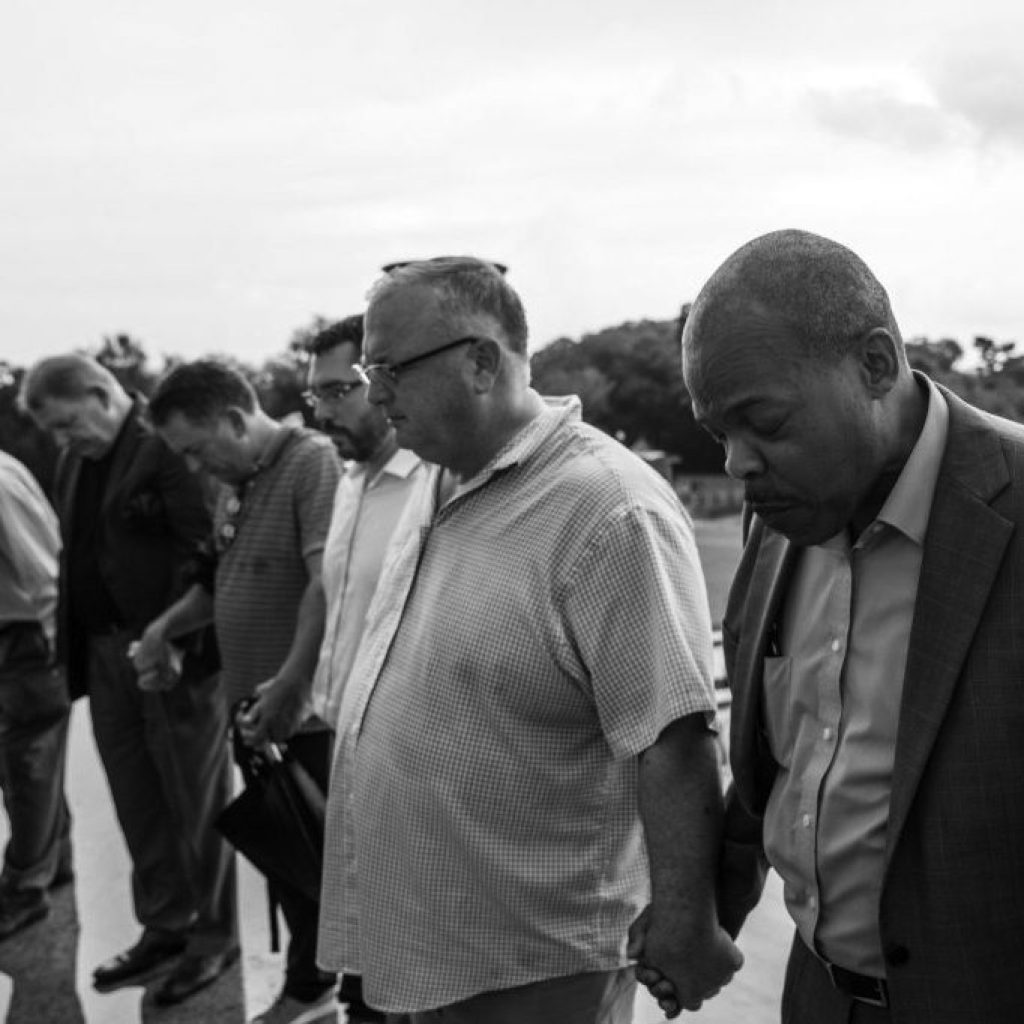Gaza & Syria: Join the Critical Underground Operation in the Backyard of Islam

In a world filled with divisions and differences, Christians are called to the counter cultural principle of being unified. The Bible teaches that we are one body in Christ (1 Corinthians 12:12), but it’s no secret that the Church has often been divided by denominations and personal preferences. God uses all things for His glory and is faithful even when we are faithless. So, despite our failures, He continues to work through us. Yet the Bible is very direct when it comes to the blessings of unity which begs the question: what would it look like if the Church were truly united?
Imagine a Church where all believers, regardless of denominational backgrounds, come together with a common purpose: to love and serve God and others. This unity in purpose would transcend theological differences and petty disputes, focusing instead on spreading the message of salvation and living out Christ’s teachings. How much more of an impact could we have on the world if baptists and pentecostals alike joined forces to obey the great commission? Would there be less unreached people groups? More individuals reached and saved? Because the Bible asserts that unity commands a blessing (Psalm 133), it stands to reason that there are blessings we have not seen because of our disunity.
In a united Church, worship would be marked by authenticity rather than rigid traditions. Believers from various backgrounds would bring their unique expressions of worship, creating a rich tapestry of praise that honors God’s diverse creation. If every tribe, tongue, and people group was created to worship Christ, doesn’t it stand to reason that every instrument, language, and form of worship will be represented in Heaven- from the most solemn hymn in a baptist american church to the most jubilant dancing from a tribe in Africa? Why then do we spend such time looking down upon those who worship differently than we do here and now?
In a unified Church the walls that separate denominations would crumble as Christians prioritize the essentials of faith over doctrinal differences. Instead of competing with one another, churches would collaborate, recognizing that each denomination has valuable insights and strengths to offer. This unity would foster a spirit of humility and a willingness to learn from one another.
In The Heavenly Man, Brother Yun details that exact exchange. For years, the underground Christians in China dwelled in glorious unity despite persecution. Eventually, as more Christian missionaries poured in bringing extra biblical material with them, the believers broke down into factions splitting on denominational differences.
The vision of a united Church, free from denominational divisions and personal preferences, is an inspiring one. It is a vision rooted in the teachings of Jesus Christ, who prayed for the unity of believers in John 17:21, saying, “that all of them may be one, Father, just as you are in me and I am in you.” While achieving such unity may seem challenging, we know that in Christ, all things are possible.
Are you willing to love and work with those who believe slightly differently than you do? Can you lay down secondary issues to join forces with other believers for the shared mission of fulfilling the great commission? If you can not or will not, perhaps it is time to embrace humility and ask God to soften the hardness of your heart.
Unity in the Church is not just a vision worth dreaming about; it’s the very standard Christ called us too. We must pursue it violently if ever we want to stand before Jesus, His unified bride.